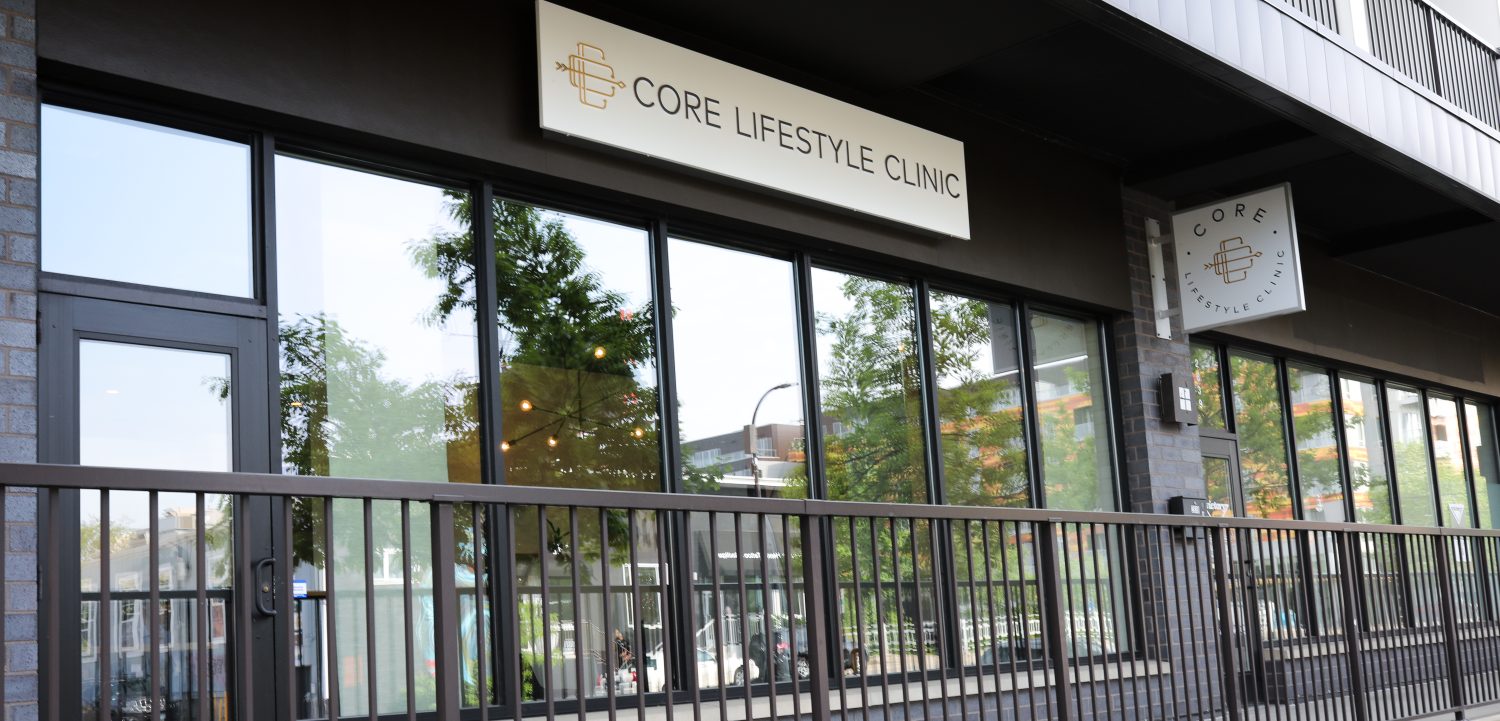What do chiropractors do, and how can we help you?
Chiropractors are experts of the spine. We go to school for a minimum of 3 years prior to being accepted into chiropractic college. From there, we go through a rigorous doctorate degree that encompasses many of the same core classes as a medical doctor as well as other specialized classes that have to do with the musculoskeletal system and how to adjust and align the spine.
Throughout that doctorate degree, we learn the specifics of how the brain talks with, and controls your body. Such as how your body has an inhibitory reflex when you touch a burning candle. Your body is equipped with an automatic draw reflex that makes you pull your hand away from the flame without consciously withdrawing your hand. We also learn how the individual vertebra move on one and other and how altered movement of those vertebra can cause pain, dysfunction, altered biomechanics and can also lead to an increased rate of joint degeneration.
When we talk about joint dysfunction (subluxation), we look at a joint that is fixated and that does not move independently from its adjacent segment. These fixations can be caused from stress, inflammation, trauma, repetitive movements and poor posture. When we have these subluxations, they can cause increased pain in the area of restriction, refer pain to another area of the body, it can cause increased muscle tension on surrounding muscles. The increase in muscle tension can be a protective mechanism in which the muscle tightness up because the joint feels vulnerable or it can be caused from a malposition of the spinal segment itself. Altered spine motion can also alter your biomechanics (the way your body moves).
When your body is aligned and each segment is moving within its normal range. Our bodies have balance in the sense that there is no undo stress on any particular muscle or joint. When we develop these misalignments and fixations our bodies start to compensate for the subluxation. In the area of restriction there is likely be a segment of hypermobility above or below to compensate for the restricted segment or you may start to shift your weight to one side of your body more than the other to create a sense of balance.
You see the body is very smart and will do whatever it can to continue to function as normal as possible, but this often comes at the expense of another joint or part of your body. That is where we come in, as chiropractors we correct those areas of restriction and help to get the patient moving and pain free as best we can.
Each joint in out body has receptors that have various functions that provide feedback to the brain. These mechanoreceptors provide feedback on how much stretch is in each muscle surrounding the joint, the position of the joint in space which allows us to maintain balance and be able to move in space with coordination and balance. These receptors also send pain signals when they are irritated such as when there is lack of motion in a segment or the segment is subluxated. When we assess the joint and finds the restriction we are then able to apply a high velocity low amplitude (HVLA) adjustment to the segment in the direction of malposition or fixation to realign and create motion through the joint. The adjustment also sends feedback to the brain through the mechanoreceptors that tell the surrounding muscles to relax and also inhibits the pain receptors. The final outcome of a HVLA adjustment facilitates proper motion of individual segments, relaxation of surrounding musculature, improves biomechanics and ultimately leads to a decrease in pain.
So, if you have a back, there is a good chance that chiropractic care is going to help you.
-Daniel Hounjet, Core Health Intern










